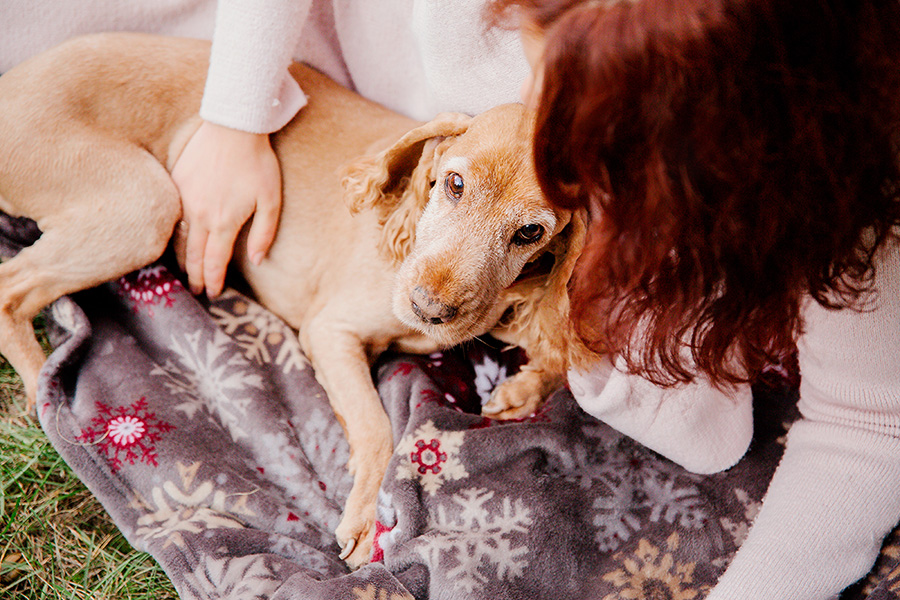Plants can add beauty and fresh air to your home and garden, but some can be hazardous to pets. Many common indoor and outdoor plants are toxic to dogs and cats, leading to symptoms ranging from mild stomach upset to severe organ failure. March is Pet Poison Prevention Month, making it the perfect time to identify and remove harmful plants from your pet’s environment. At Dirigo Veterinary Care, we want to help pet owners recognize and prevent plant-related poisoning risks.
Indoor Plants to Avoid When You Have a Cat or Dog
Many houseplants contain toxic compounds that can pose serious health risks to pets. Here are some of the most dangerous indoor plants:
- Lilies: Highly toxic to cats; even small amounts can cause kidney failure.
- Pothos (Devil’s Ivy): Causes oral irritation, excessive drooling, and vomiting if chewed by pets.
- Aloe Vera: While beneficial for humans, it contains saponins that can cause vomiting and diarrhea in pets.
- Dieffenbachia (Dumb Cane): Can cause swelling, burning, and difficulty swallowing if ingested.
- Sago Palm: One of the most toxic plants for pets, ingestion can lead to severe liver damage or death.
Outdoor Plants That Can Be Fatal to Pets
If your pet spends time outdoors, be mindful of these highly toxic garden plants:
- Azaleas or Rhododendrons: Even a small amount can cause vomiting, diarrhea, and potentially fatal heart complications.
- Oleander: A highly toxic plant that can cause drooling, abdominal pain, and death in pets.
- Foxglove: Contains chemicals that can disrupt heart function, leading to serious cardiac issues.
- Tulips: The bulbs are particularly toxic, causing severe stomach upset and organ damage.
- Daffodils: Can cause intense vomiting and cardiac arrhythmias; bulb is the most toxic part.
What to Do If Your Pet Ingests a Toxic Plant
If you suspect your pet has eaten a poisonous plant, act quickly. Identify the plant if you can and try to determine how much your pet has ingested. Contact your veterinarian for urgent care immediately. Do not induce vomiting unless instructed. If your vet is unavailable, you can call a helpline like the Pet Poison Helpline and get instructions on how to help your pet for a fee.
How to Keep Your Pet Safe from Deadly Plants
Protect your pets by following simple plant safety tips.
- Choose pet-safe, non-toxic plants.
- Supervise outdoor time. If your pet roams the yard, remove toxic plants and monitor your pet’s behavior.
- Educate yourself on toxic plants. Research plants before bringing them into your home or garden. The ASPCA has an excellent guide for toxic and non-toxic plants.
- Use barriers. If you absolutely must have toxic plants, use pet-proof fencing or deterrents to keep your pets away.
Prevent Plant Poisoning with Dirigo Veterinary Care
Many common plants can be dangerous to pets, but by taking precautions, you can create a safe and toxin-free environment. March is Pet Poison Prevention Month, making it a great time to evaluate the plants in and around your home. Dirigo Veterinary Care is glad to share this guide on pets and plants with pet owners.
Need advice on pet-safe plants and in the Waterville, ME area? Contact us today for expert guidance on keeping your home and garden pet-friendly.

